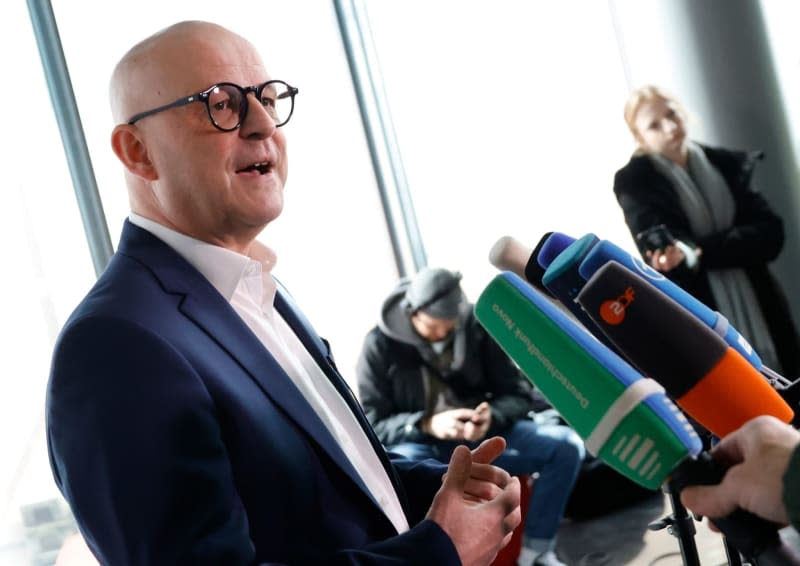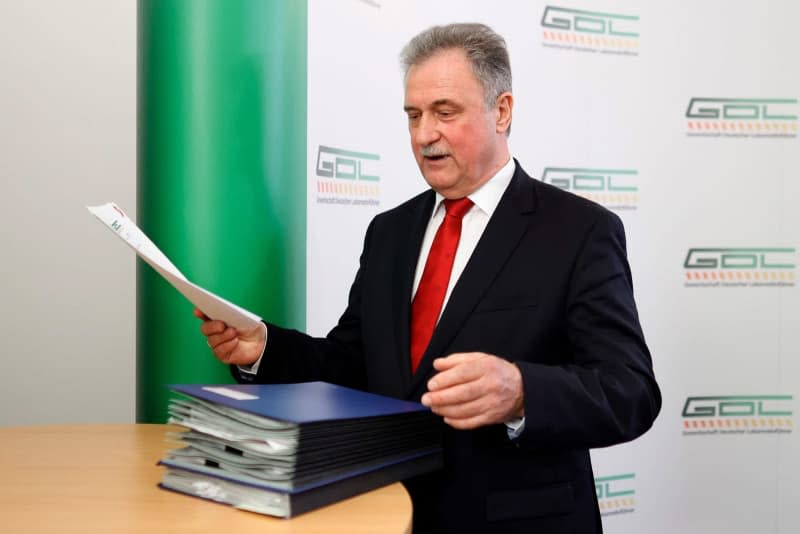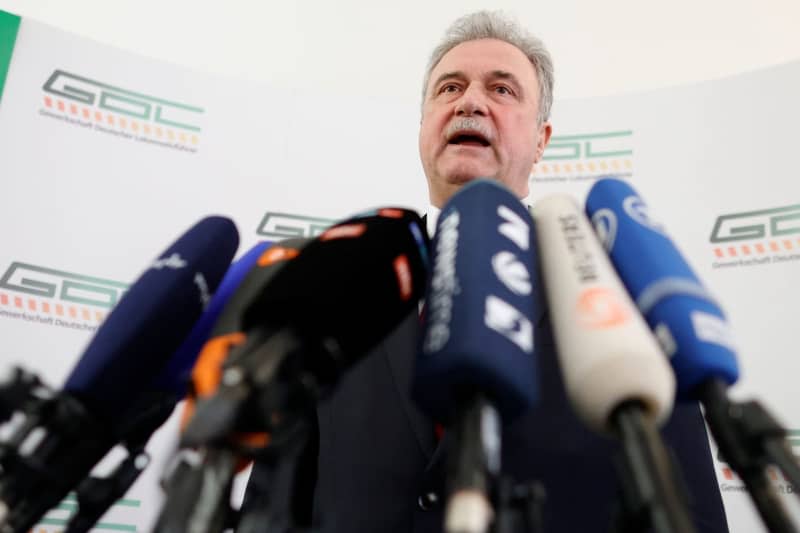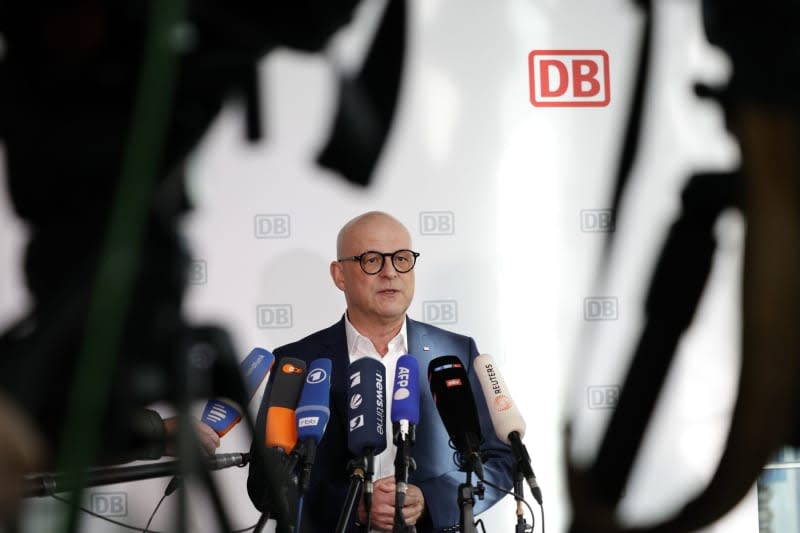German rail OKs union's 35-hour-week demand to end months of dispute

In the deal reached between Germany's national rail operator Deutsche Bahn and the GDL trade union to end a punishing industrial dispute, the company confirmed to dpa on Tuesday that it has agreed to the union's demand for a 35-hour work week.
"After a long struggle and a difficult wage dispute, we have found a solution and signed the agreements with the GDL a few hours ago," said Martin Seiler, head of human resources at Deutsche Bahn, in Berlin on Tuesday morning.
Deutsche Bahn and train drivers' union GDL presented the compromise at separate press conferences. Union head Claus Weselsky spoke of "a success, almost across the board."
Deutsche Bahn said the work week is to be reduced from the current 38 hours to the 35 hours demanded by the GDL in several stages by 2029, with wages remaining the same.
However, employees who want to still work 38 hours per week or increase their working hours to up to 40 hours per week will receive a 2.7% increase in pay per hour, according to the terms of the deal.
From 2027, there will be a further optional reduction to 36 hours, from 2028 to 35.5 hours and from 2029 to 35 hours, the agreement states.
However, employees must register with their employer if they wish to take part in the reduced hours.
This is a major concession by Deutsche Bahn, which had proposed a 36-hour work week, but the union stuck to its 35-hour demand and accompanied that with several strikes.
There was only one point on which the union was unable to assert itself, Weselsky said: The GDL will not conclude any collective agreements for infrastructure employees in the future. Weselsky conceded that too few employees had taken part in the strikes in this area to justify such an extension.
Deutsche Bahn, meanwhile, ruled out renegotiations with the railway workers' union EVG, the company's head of human resources, Martin Seiler, said on Tuesday.
"We have existing collective agreements with EVG that run until the end of March next year," Seiler said in Berlin on Tuesday.
"We have not agreed a renegotiation clause, and in this respect we see ourselves at the negotiating table with EVG in around a year's time."
Deutsche Bahn and EVG reached a wage agreement last summer, which includes a pay increase of €410 ($445) per month over a period of 25 months. In addition, structural increases in the pay scales were agreed for individual occupational groups, which will be applied after this contract period.
Travellers can look forward to strike-free rail transport at least for the current year.




